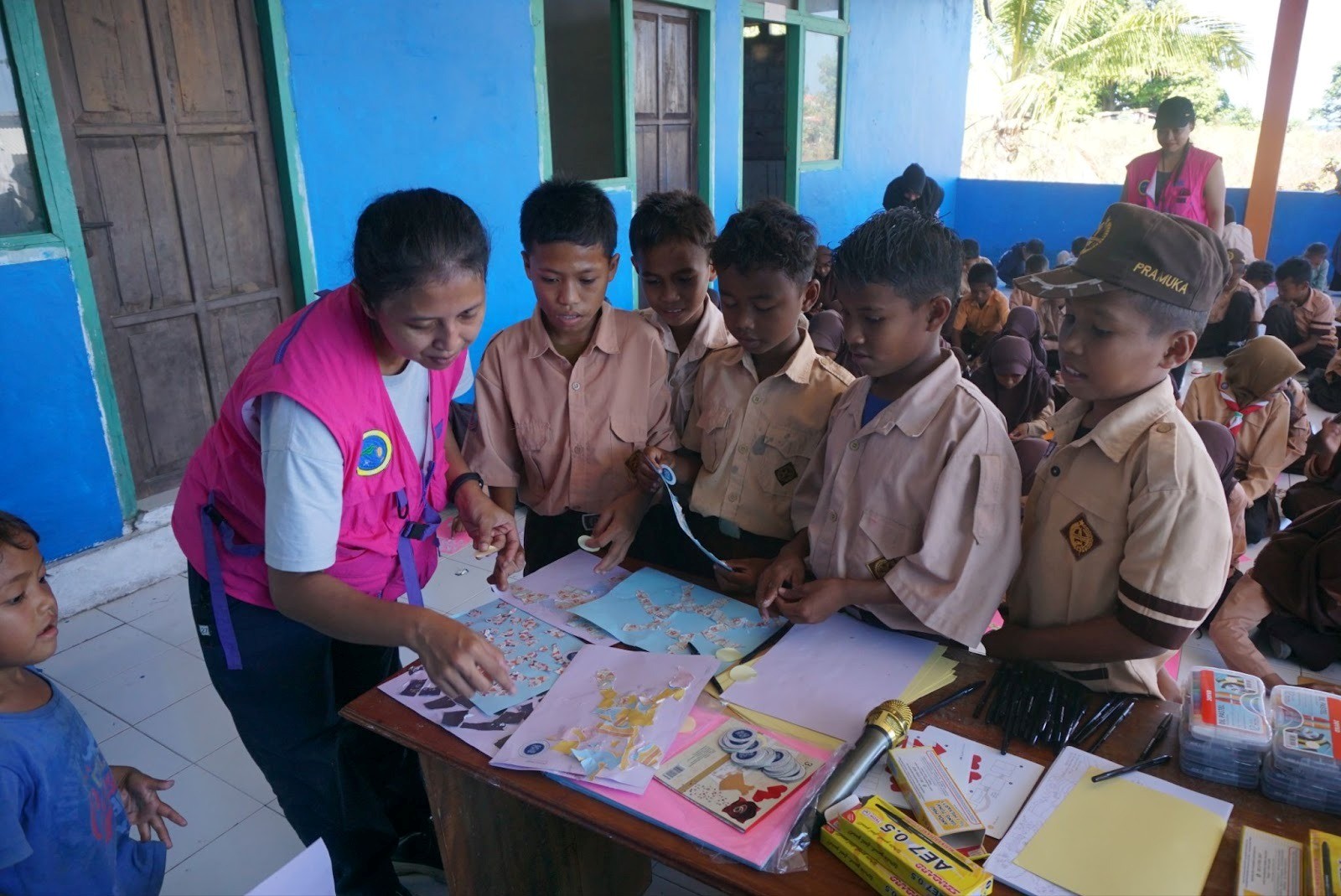Scenario in Planning Policies in the Energy and Transportation Sector
By Adi Permana
Editor Adi Permana

BANDUNG, itb.ac.id - Energy and transportation is one of the sectors affected by the COVID-19 outbreak. This causes uncertainty in the policy-making process. In dealing with this uncertainty, the government can use scenario to make plans and the strategic implications that need to be taken.
One year with the Jokowi-Ma'ruf Amin's cabinet, School of Business and Management (SBM) ITB through the Center for Policy & Public Management (CPPM) provided the formulation of policy recommendations in the energy and transportation sector which was presented in a webinar entitled “Quo Vadis One Year Cabinet Advanced Indonesia: What are the Energy and Transportation Scenarios in the Future?” which was held on Thursday (15/10/2020).
“SBM ITB continues to strive to solve local and global problems, one of which is through research,” added the Dean of SBM, Prof. Utomo Sarjono Putro, in his speech. He added that one of the missions of SBM-ITB is to develop and disseminate knowledge to the business world, government, and society, especially in this pandemic situation which is full of uncertainty. This professor of decision and negotiation science hopes that there will be a collaboration between stakeholders so that there will be no more barriers that separate the creation of solutions.
To open his presentation, energy expert, Ahmad Yuniarto explained that scenario planning is a consistent hypothesis about the future that is relevant, clear, challenging, and plausible. So, this is not a prediction or a story that has to happen. With this scenario plan, President Joko Widodo can formulate policies in the first year of the Forward Indonesia Cabinet which are useful for the next 4 years.
He explained, the upstream oil and gas climate sector in Indonesia is influenced by two factors, namely pandemic management and industrial consolidation. From these factors, this CPPM researcher formulated three scenarios for Indonesia's upstream oil and gas sector until 2023. “This scenario is called VisiPetro which is the tornado scenario, the west-season scenario, and the transition scenario,” he said.
Ahmad Yuniarto explained that the tornado scenario would occur if the impact of the pandemic was not controlled and the upstream oil and gas industry broke up. Even though the pandemic is under control, if the upstream oil and gas industry runs in place, what happen next is western season scenario. In his presentation, Yuniarto hoped that what happened in Indonesia was a transitional scenario in which the pandemic was going well and the upstream oil and gas industry was setting up. “It is hoped that the scenario prepared by these 16 experts will benefit the government, especially the energy and mineral resources sector,” said Yuniarto.
The next researcher, Agung Wicaksono, also described scenarios in the field of public transportation. The former Managing Director of Transjakarta said that the Gridlock scenario occurs when the pandemic situation continues for more than one year, but public trust in public transportation continues to decline. On the other hand, if the pandemic is more than one year period while public confidence in public transportation has recovered, then the scenario that can be taken is the busway scenario. The last is a highway scenario where there are no obstacles. “This scenario is like on a freeway toll road because a pandemic can take less than one year,” he added.
From this scenario, Agung Wicaksono stated that the main key in handling public transportation cases during this pandemic is the ability of the government in handling and the ability of operators to restore public confidence in the security and safety of public transportation.
In his presentation, Agung gave suggestions by applying the concept of IDE (Integration-Digitalization-Electrification) in facing the trends of modern public transportation in the future. Also, Agung also suggested implementing a BTS (Buy-The Service) scheme where the government pays for public transport operator services on the Rupiah per Kilometer scheme according to the Minimum Service Standards (SPM), which Transjakarta has successfully implemented this system.
Reporter : Deo Fernando
Translator : Evita Sonny

.jpg)
.jpg)


.jpg)

